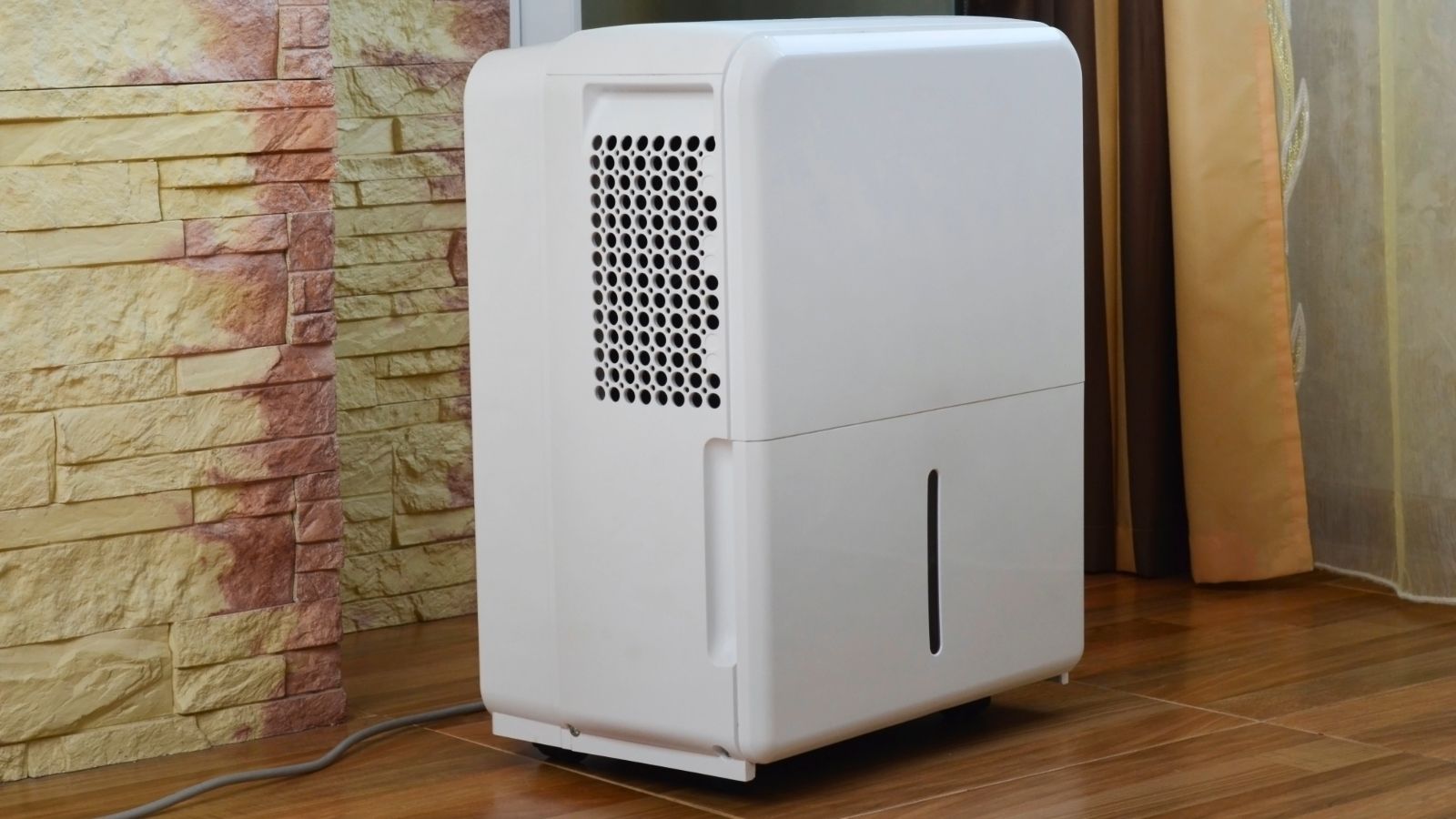
"Desiccant dehumidifiers are best for cold rooms, according to Chris Michael, Founder of Meaco. So, for rooms that rarely exceed 10°C, like a cold conservatory, utility room, garage, boat, or caravan, this is the model for you. If you take a look at how dehumidifiers work, desiccant models use a moisture-absorbing material to capture water vapor. Since they don't rely on a cooling process (as compressor models do), they won't freeze up or cause related problems if they're in the cold."
"Desiccant models also have the added bonus of extra warmth. "The air generated by a desiccant dehumidifier is 10-12°C warmer than room temperature, so this extra heat can be a welcome way to keep a room a little cosier," explains Chris. "Naturally creating this extra warmth has a cost, so it's recommended weighing up whether this benefit offers you the best value for money for your needs.""
Desiccant dehumidifiers use moisture-absorbing materials rather than a cooling process, enabling reliable moisture removal in cold rooms that rarely exceed 10°C. These units will not freeze, stop collecting water, or shut down due to frost, and they produce air approximately 10–12°C warmer than room temperature, providing some additional heat. Compressor (refrigerant) dehumidifiers rely on cooling and can fail or freeze in low temperatures. Low-temperature or frost-protection settings improve winter performance. Consider the energy cost of the extra warmth when choosing a dehumidifier for spaces like conservatories, garages, boats, or caravans.
Read at Homebuilding
Unable to calculate read time
Collection
[
|
...
]